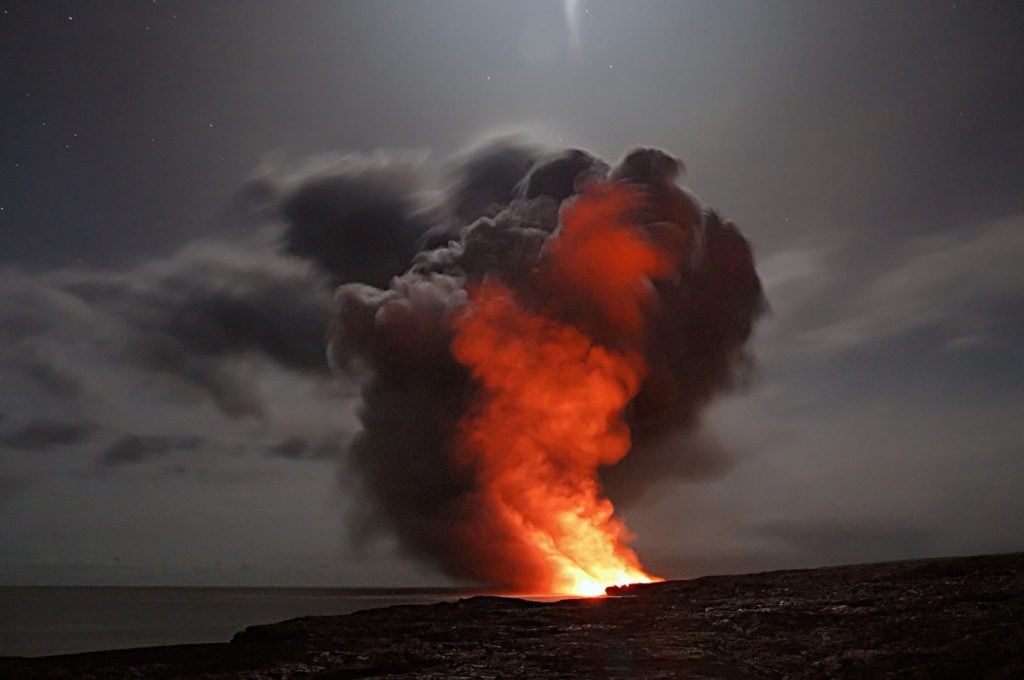When you think about the size of our planet, you’d think there’s enough land to go around. People and animals should have ample room to thrive and live a fulfilling life. Sadly, this isn’t the case. Most researchers have found that human beings take up at least half of the land available on Earth. With this type of expansion, to include pastures, homes, and yards, our natural wildlife takes a back seat.
While animals have been slowly showing signs of decline, there are some more specific signs we can look for that signal a mass extinction is possible.

Changes in the Ocean
According to some conservationists, the ocean is just as important as the land on our planet for animal’s survival. With the changes in the ocean, such as nearly half of our barrier reefs being destroyed, we witness just one sign that we’re closer to mass extinction. If fish collapse, then it impacts so many other parts of our ecosystem, which ultimately messes with human and animal life.
Invasive Species
Keep an eye out for invasive species like pythons in Florida, and kudzu found in Southeast America that are both doing harm to our survival. Kudzu was originally brought to the US in the late 1800s to help with erosion but overtime this vine-like plant has taken over. When invasive species take over an area, it can be harmful to the overall livelihood of animals and people.

Maybe We’re Just Due
Based on what we know about our universe, it seems that Earth has experienced at least five mass extinctions and many will say it’s about time for another one. Keep an eye out for asteroids, as they were the culprit for at least two of Earth’s mass extinctions in the past. We’re keeping an eye on an asteroid right now, it’s known as 1950 and it’s set to possibly collide with Earth in 2880.
Rising Temperatures
Another sign of modern mass extinction is rising temperatures. You’ve probably already noticed that your winter seems warmer than usual and that it takes longer for the cold weather to settle in. This is part of the rising temperatures people are witnessing all over the planet. It’s estimated that 15-37 percent of animals on Earth could be extinct in the future if our planet keeps warming.

It All Adds Up
When you take into consideration the planet’s history and all other signs of modern mass extinction, you can clearly see that it all adds up. The Earth has experienced a mass extinction at varying stages, the last big one being The Ice Age. We’re just set to have another mass extinction, regardless of what we do based on historical evidence.
With all of the signs pointing towards a future mass extinction you probably should get out and enjoy every day to the fullest. Extinction will happen, it’s just a matter of whether it happens in our lifetime or not.
